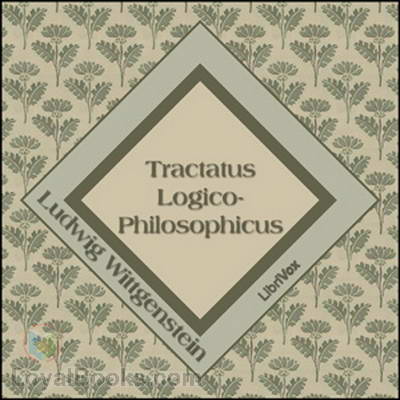Tractatus Logico-Philosophicus is a groundbreaking work in the field of philosophy that challenges readers to think deeply about the nature of language and logic. Written by Ludwig Wittgenstein, this book delves into complex ideas about the relationship between language and reality, as well as the limits of human understanding.
Wittgenstein presents his ideas in a series of short, aphoristic statements that require careful consideration and contemplation. While the text can be dense and challenging at times, it rewards readers who are willing to engage with its ideas and think critically about the nature of language and logic.
One of the key themes of Tractatus Logico-Philosophicus is the notion that language is a tool for representing reality, but that it has its limits in terms of capturing the full complexity of the world. Wittgenstein argues that there are some things that cannot be expressed through language, and that there are limits to what can be known and understood by human beings.
Overall, Tractatus Logico-Philosophicus is a thought-provoking and intellectually stimulating read that will appeal to readers interested in philosophy, language, and the nature of reality. While it may not be an easy read, it is a rewarding one for those who are willing to invest the time and effort to grapple with its complex ideas.
Book Description:
Tractatus Logico-Philosophicus is the only book-length philosophical work published by the Austrian philosopher Ludwig Wittgenstein during his lifetime. He wrote it as a soldier and a prisoner of war during World War I. The slim volume (fewer than eighty pages) comprises a system of short statements, numbered 1, 1.1, 1.11, 1.12, etc., through to 7, intended to be such that 1.1 is a comment on or elaboration of 1, 1.11 and 1.12 comments on 1.1, and so forth. It is an ambitious project to identify the relationship between language and reality and to define the limits of science.
